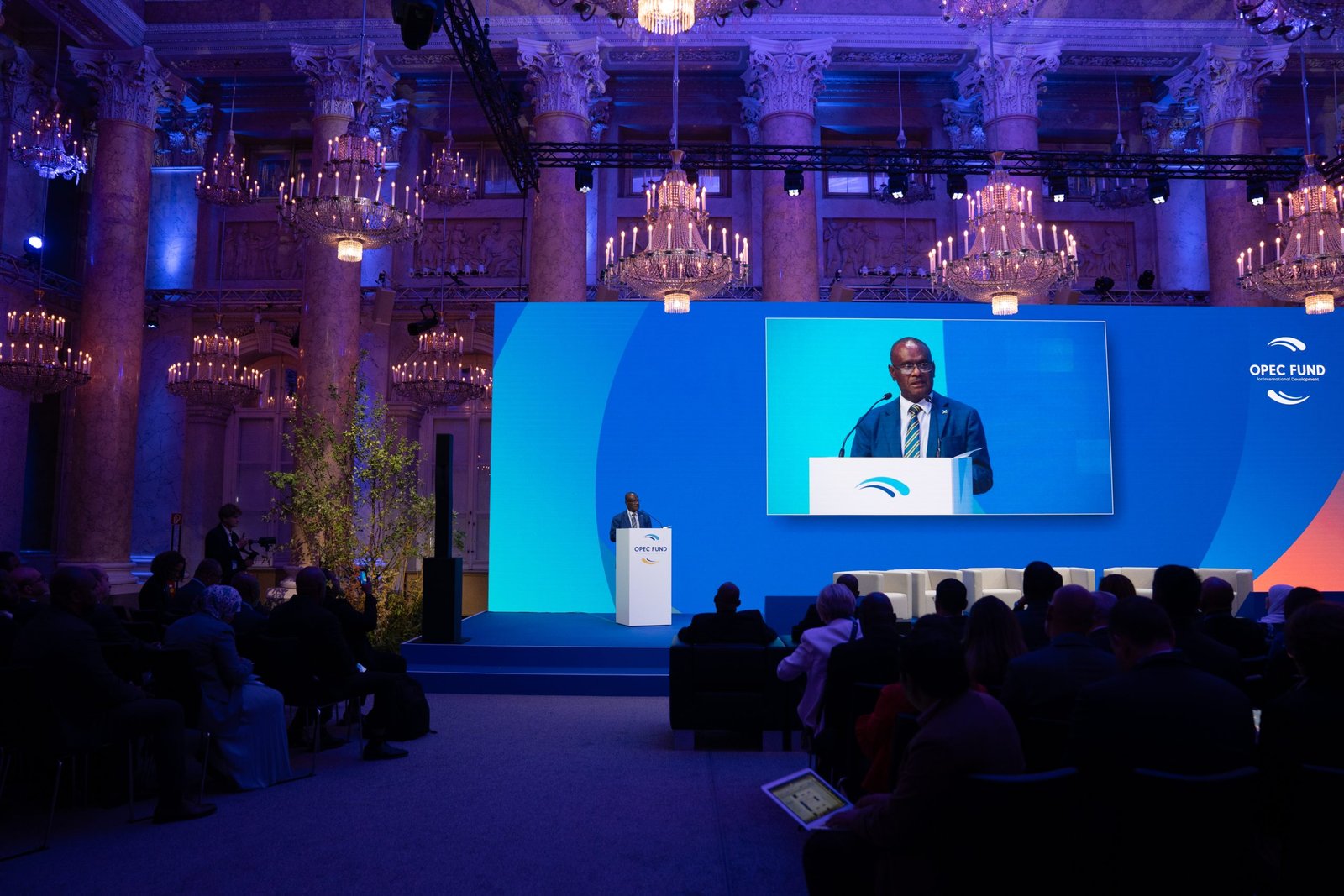
PM Manele Urges Inclusive Financing for Island Nations at Global Development Forum
Vienna, Austria – Tuesday 17 June 2025 — Prime Minister Hon. Jeremiah Manele (MP) delivered the keynote address during the “Scaling Solutions for Vulnerable Economies” session at the OPEC Fund Development Forum in Vienna, Austria.
Prime Minister Manele reaffirmed Solomon Islands’ commitment to the 2030 Agenda for Sustainable Development and called for enhanced global cooperation specifically tailored to the needs of Small Island Developing States (SIDS).
He highlighted the profound challenges SIDS face—including geographic isolation, climate vulnerability, infrastructure gaps, and economic fragility—emphasizing their disproportionate exposure to global risks. Despite these obstacles, the Prime Minister underscored his government’s unwavering dedication to the Sustainable Development Goals (SDGs) and outlined national priorities under the Solomon Islands National Development Strategy 2016–2035.
Guided by four strategic pillars—Unity & Stability, Economic Transformation, Infrastructure Development, and Human Capital Development—the Government for National Unity and Transformation (GNUT) is driving reforms in agriculture, tourism, mining, fisheries, digital infrastructure, renewable energy, and anti-corruption, while opposing deep-sea mining. He also highlighted innovations in seasonal labour mobility and the use of artificial intelligence (AI) for early warning systems and e-governance.
Prime Minister Manele stressed that existing global financial mechanisms are ill-suited to the realities of SIDS, and called for more accessible, concessional financing—including debt-for-SDG swaps, blue bonds, and faster access to climate finance. He proposed the establishment of an Island Resilience Investment Facility, in partnership with the OPEC Fund, to de-risk and accelerate investments in climate adaptation, digital innovation, the blue economy, and renewable energy—aligned with the SDGs.
He noted the upcoming 54th Pacific Islands Forum Leaders Meeting in Honiara as an opportune moment for the OPEC Fund to demonstrate its public commitment to the Pacific region.
“We are not asking for charity, but for meaningful partnerships aligned with our national vision,” said Prime Minister Manele. “Let this forum be the turning point where solidarity becomes sustainable action.”
The OPEC Fund Development Forum concluded this evening. Solomon Islands was the only Pacific Island Country to participate in this global forum.
About the OPEC Fund for International Development
The OPEC Fund for International Development was established on 28 January 1976 by OPEC member states and became a permanent intergovernmental development finance institution in May 1980. Headquartered at the historic Deutschmeister-Palais in Vienna, Austria, the Fund operates as a multilateral financial institution focusing exclusively on non-member developing countries.
The OPEC Fund supports South–South cooperation through grants, concessional public-sector loans, private-sector investments, and trade finance, aimed at poverty reduction, climate resilience, and sustainable infrastructure development. To date, it has committed over US $27 billion across more than 125 countries, including nearly 1,900 grants, 1,600 public-sector loans, and 500 private-sector/trade transactions. Its annual Development Forum, inaugurated in 2022, brings together global policymakers, development partners, and financial institutions to catalyse coordinated development action.
About OPEC
The Organization of the Petroleum Exporting Countries (OPEC) is an intergovernmental organization founded in September 1960 at the Baghdad Conference by five nations: Iran, Iraq, Kuwait, Saudi Arabia, and Venezuela. OPEC moved its headquarters to Vienna, Austria, on 1 September 1965.
As of 2025, OPEC consists of 12 member countries, which coordinate oil production policies to ensure stable oil markets, secure fair returns for oil-producing nations, and maintain efficient, economic, and regular supply to consumers. Since 2016, OPEC has worked with other major producers under the OPEC+ framework to manage global oil output and stabilize prices.
[ENDS]
– OPMC PRESS SECRETARIAT
